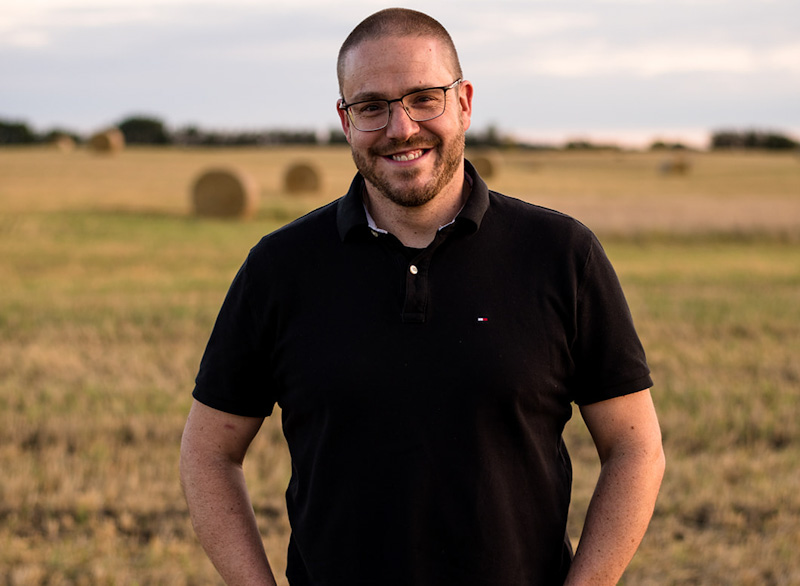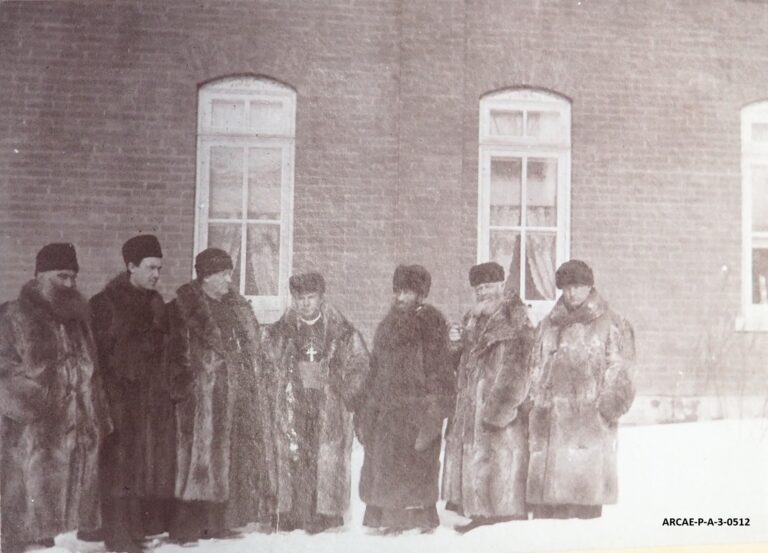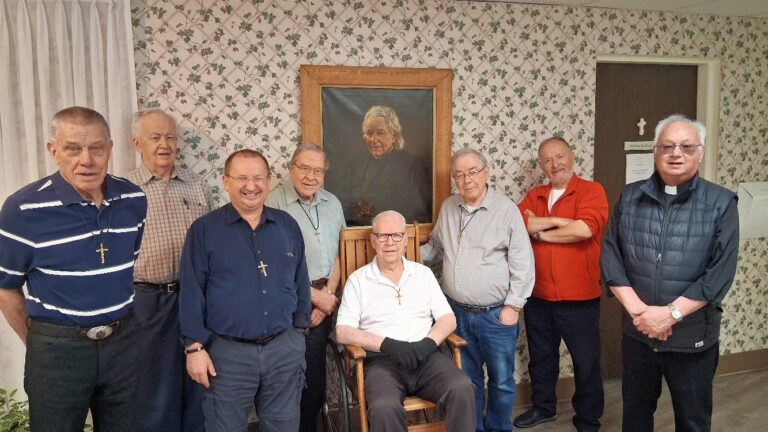My first time behind the wheel of a car is a moment I’ll never forget. I was getting picked up from school late on a Friday night. My heart skipped a bit when, as we were walking to the car, my dad tossed me the keys and told me I’d be driving home. I didn’t realize it at the time, but it would take me several months to be comfortable in the driver’s seat and to have a proper grasp of all the rules of the road. Looking back, you might say that I learned to drive in stages. Before I ever drove, I spent a fair bit of time riding in cars and observing how others drive. I had to study the rules of the road and get my learner’s license. Then beginning with that first night of driving, I put into practice all I had seen and learned under the watchful eyes of my parents and driving instructors, leading to the joy and freedom that came with earning my driver’s licence.
 You might say that this progression many of us have gone through to get our licences mirrors the way in which God has revealed moral law to us.
You might say that this progression many of us have gone through to get our licences mirrors the way in which God has revealed moral law to us.
First, we have natural law, which contains common moral principles any of us can know without having to be told these are right or wrong. Natural Law teaches us the “fundamental rights and duties (we) have and thus forms the real foundation for life together in the family, in society, and in the State” (YouCat 333). Examples of natural law include our understanding that things like lying, cheating, or stealing are wrong (whether you’re religious or not).
Second, we have the Old Law that was revealed to Moses. This is the first stage of revealed law, which means God had to show or reveal this to us. St. Augustine said that “God wrote on the tables of the Law what men did not read in their hearts.” The Old Law was meant to ‘tutor’ Israel into a life of charity, giving more explicit directives that builds upon natural law. At the heart of the Old Law is the Ten Commandments. These build upon some of the things we know by natural law, like do not commit adultery or steal from others, but goes further in telling us that coveting our neighbors’ goods and/or wife is also forbidden. But despite these clearer directives, Israel struggled to keep this law: “That is why the Law, as good and important as it is, only prepares the way for faith in the saving God” (YouCat 335).
The New Law or the Law of the Gospel completes what was first revealed in the Old Law. You can summarize this new law in the words of Jesus: “A new commandment I give to you, that you love one another; even as I have loved you” (John 13:34). This law does not replace the Old Law but perfects all that came before it (Matthew 5:17). In his Sermon on the Mount (Matthew 5:17-48), you hear Jesus say repeatedly “you have heard it said,” referencing some aspect of the Old Law, and following that up with “but I say to you,” by which He sets a higher standard for us in our relationships with God and others.
But just as Israel struggled with the Old Law, we struggle with the New Law. This is where God’s grace comes in. Grace is “God’s free, loving gift to us, his helping goodness, the vitality that comes from Him” (YouCat 338). Grace helps us to be and to do what we couldn’t be or do on our own strength. There are a variety of terms used to describe grace in YouCat: supernatural grace, sanctifying grace, habitual grace, actual grace, sanctifying grace, charisms, and graces of state. What you need to know most importantly is that grace “makes us capable of living in God’s love and acting on the basis of this love” (YouCat 339), or, as St. Therese of Lisieux put it: “Everything is grace.” God’s law points us in the right direction and it’s God’s grace that gets us there.
Every time I get behind the wheel, I am given the choice to follow traffic laws (or not). The same is true when it comes to God’s laws. I always have the choice to obey them (or not.) When I’m driving and my kids are buckled in behind me, there’s a little extra motivation to take care and ensure their safety. God’s grace works in much the same way: offered to us as a gift that to help us follow His directions… but never forced upon us. We remain free each day with the opportunity to live up to our destiny.
“The purpose of our life is to be united with God in love and to correspond entirely to God’s wishes. We should allow God to ‘live His life in us’ (Mother Teresa). That is what it means to be holy: a ‘saint.\’” -YouCat 342
-This is part of a series on the Youth Catechism. Mike Landry is Catholic Youth Camps director for the Archdiocese of Edmonton. He is also chaplain for Evergreen Catholic Schools, serving 10 schools west of Edmonton. Mike and his wife Jennifer live in Stony Plain with their five children.




